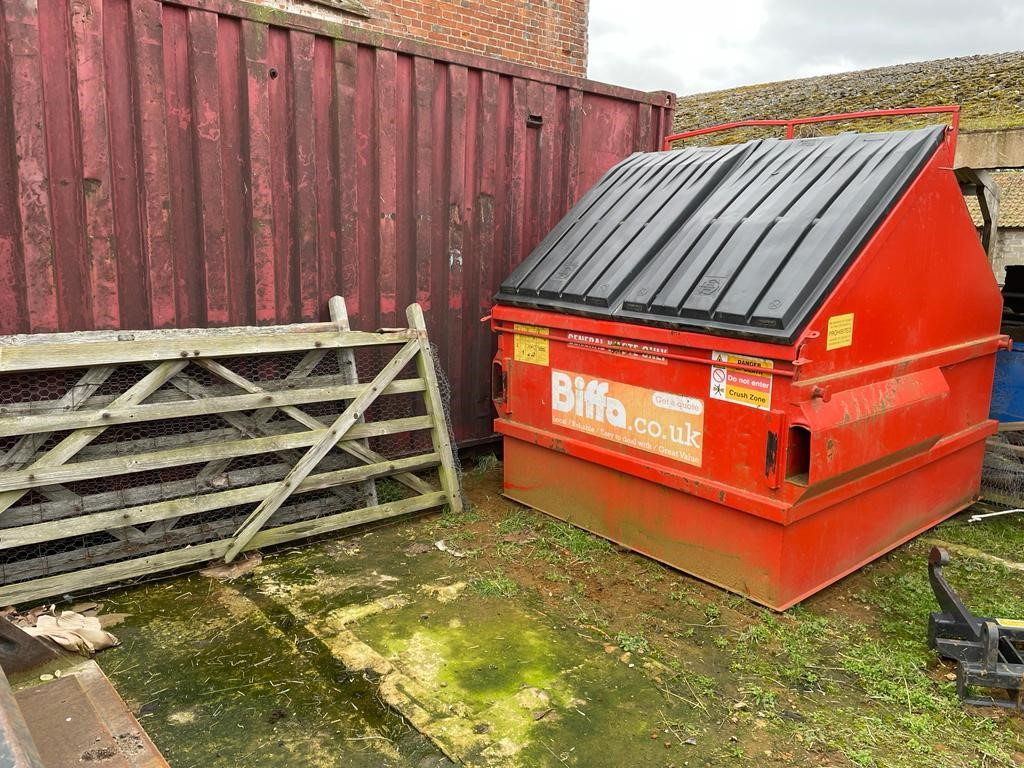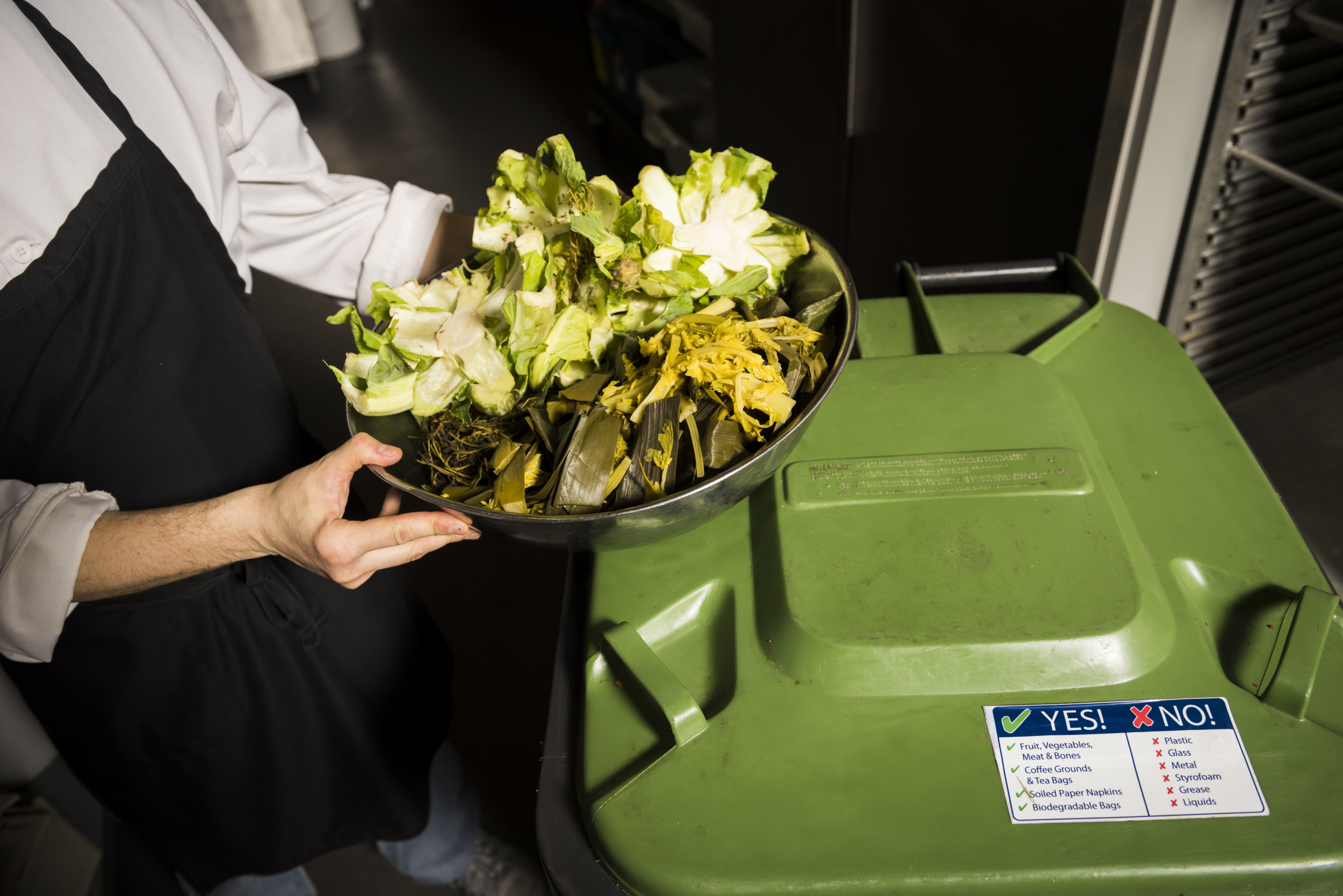Understand the waste your site produces
Do a trial segregation of your waste for a week to quantify the volumes you generate (by weight, bin bags or photos). Send us the results and we’ll advise which bins you need.
This proactive approach will ensure your business is compliant in time and avoid incurring fines for contaminated waste.
Other ways to make waste disposal more accurate
Segregate internal bins - sort waste correctly inside your premises to reduce risk of contamination in your bins and avoid failed collections due to contamination.
Make sure all bins are clearly labelled.
Ensure the bins inside your premises match those outside.
Place bins where each type of waste is produced.
Clearly communicate changes to all employees – their compliance is key to your compliance.
How else can your AF General Inputs Team help?
New waste disposal contracts for additional waste stream bins
Internal bins
Signage
Clear bags for food waste
Black bags for general waste

